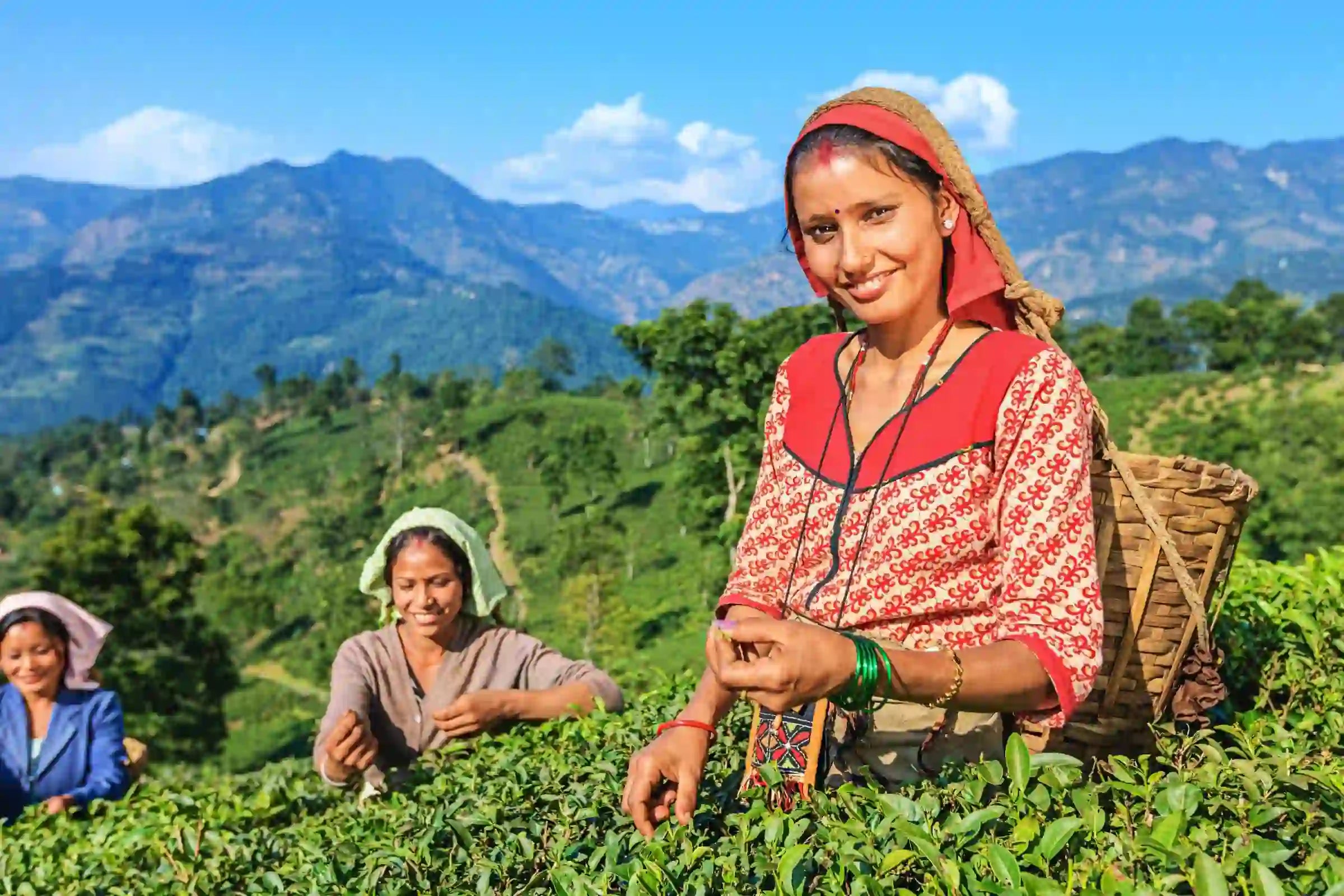Tea farming is an important industry in India, but it can also have a significant environmental impact. In recent years, there has been a growing movement among Indian tea producers to promote sustainable farming practices and reduce the environmental impact of tea cultivation. Let's take a closer look at some of the efforts being made by Indian tea producers to promote sustainability.
Organic farming is one of the most popular sustainable farming practices being used in India's tea industry. Organic farming involves the use of natural fertilizers and pest control methods, rather than synthetic chemicals. This helps to reduce the amount of harmful chemicals that are released into the environment, and it also helps to improve soil health over time.
In addition to organic farming, many Indian tea producers are also promoting fair trade initiatives. Fair trade programs ensure that tea workers are paid fair wages and work in safe conditions. This helps to improve the lives of tea workers and their families, while also promoting sustainability by ensuring that tea production is not at the expense of worker exploitation or environmental degradation.
Another sustainable farming practice being used by some Indian tea producers is biodynamic farming. Biodynamic farming involves working with the natural rhythms of the earth and the cosmos to promote soil health and plant growth. This method involves the use of natural fertilizers, composting, and crop rotation, and it helps to promote biodiversity and reduce the use of synthetic chemicals.
Indian tea producers are also taking steps to reduce their carbon footprint by using renewable energy sources, such as solar power, and implementing energy-efficient practices. For example, some tea producers are using energy-efficient lighting and equipment, while others are implementing water conservation measures to reduce their use of this precious resource.
Finally, many Indian tea producers are engaging in community development initiatives to promote sustainability. These initiatives may include building schools or healthcare clinics, providing training and education for farmers, or supporting local conservation efforts.
In conclusion, Indian tea producers are taking a range of steps to promote sustainable farming practices and reduce the environmental impact of tea cultivation. From organic farming to fair trade initiatives, renewable energy, and community development projects, there are many ways in which the tea industry in India is working to promote sustainability and protect the environment.





